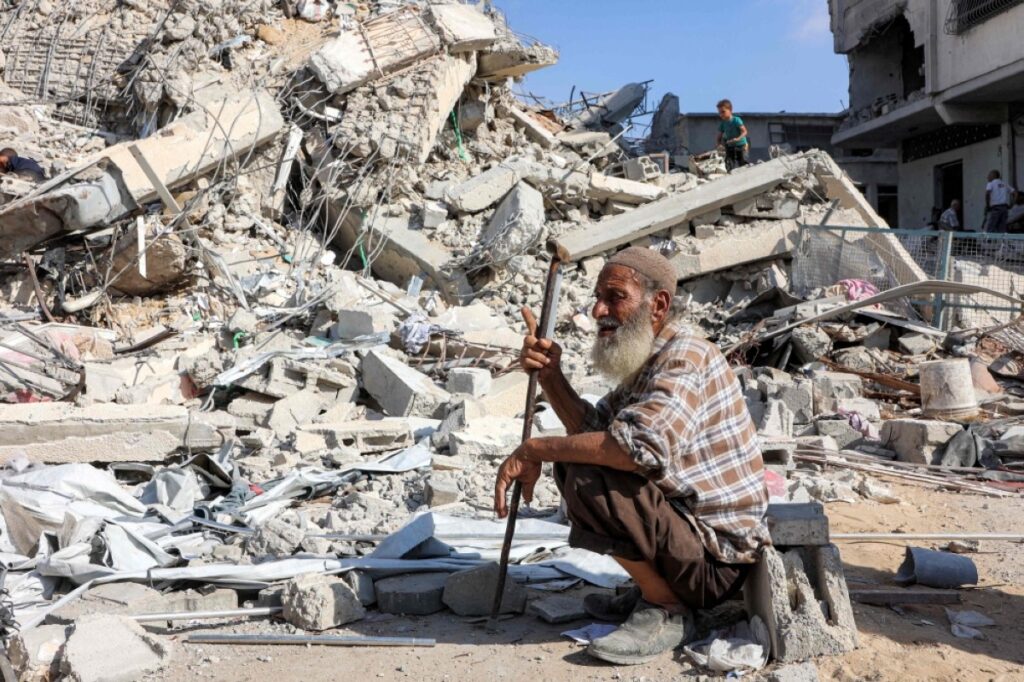KUWAIT: Kuwait strongly condemned statements made by Zionist prime minister regarding plans to forcibly displace Palestinians from their land, describing the remarks as a blatant violation of international law and humanitarian principles. In a statement, the Ministry of Foreign Affairs said such comments represent a flagrant challenge to the inalienable rights of the Palestinian people and a continuation of the occupation’s aggressive policies.
Kuwait reaffirmed its categorical rejection of all attempts to evict Palestinians, urging the international community and the UN Security Council to take immediate action to halt what it described as genocide, collective punishment, starvation tactics and settlement expansion in occupied Palestine. The ministry stressed that a comprehensive and just peace in the region cannot be achieved without ending the Zionist occupation, establishing an independent and sovereign Palestinian state on the June 4, 1967 borders, with East Jerusalem as its capital.
Gulf Cooperation Council (GCC) Secretary-General Jasem Al-Budaiwi also denounced the statements as “serious and irresponsible,” warning that they amounted to an explicit call for ethnic cleansing in clear violation of international law. He said such rhetoric reflects the aggressive approach of Zionist authorities, which undermines regional and international efforts to achieve a just and lasting peace in the Middle East. Al-Budaiwi called on the international community to assume its legal, moral, and humanitarian responsibilities in preventing further escalation, while reiterating the GCC’s firm support for the legitimate rights of the Palestinian people, including the right to statehood in line with the Arab Peace Initiative and relevant UN resolutions.
Meanwhile, Arab foreign ministers, concluding the 164th session of the Arab League Council in Cairo under the chairmanship of the United Arab Emirates, rejected any proposals that undermine the sovereignty or territorial integrity of Arab states. The ministers adopted a resolution titled “A Common Vision for Security and Cooperation in the Region,” which reaffirmed support for Palestinian rights, opposed demographic changes in occupied territories, and underscored the need to end occupation of Palestinian and Arab lands.
The resolution also highlighted the importance of regional cooperation in addressing security challenges, advancing peaceful conflict resolution, and promoting nuclear non-proliferation. It called for placing all nuclear facilities under international supervision and for establishing a Middle East free of weapons of mass destruction. Arab League Secretary-General Ahmed Aboul Gheit said the resolution, introduced by Egypt and Saudi Arabia, reflects a shared Arab commitment to peace, security, and development in the region. — KUNA

